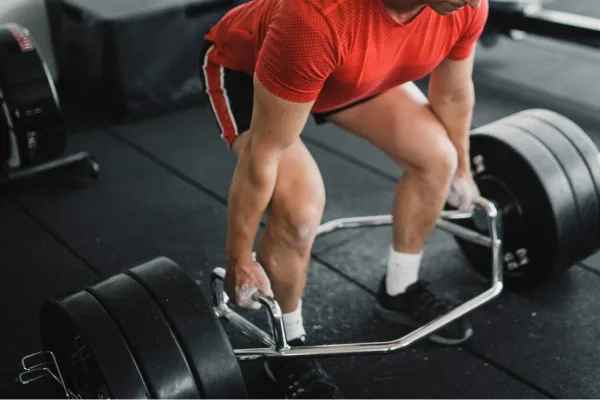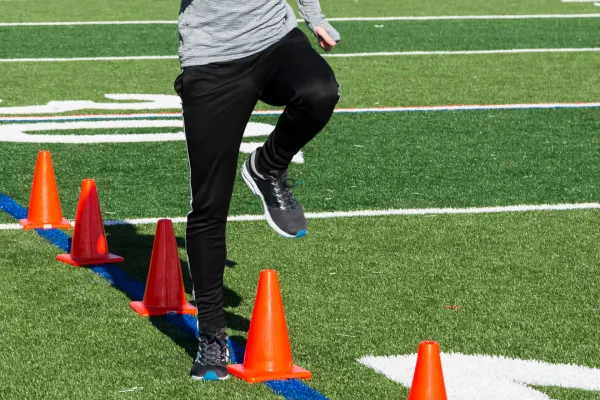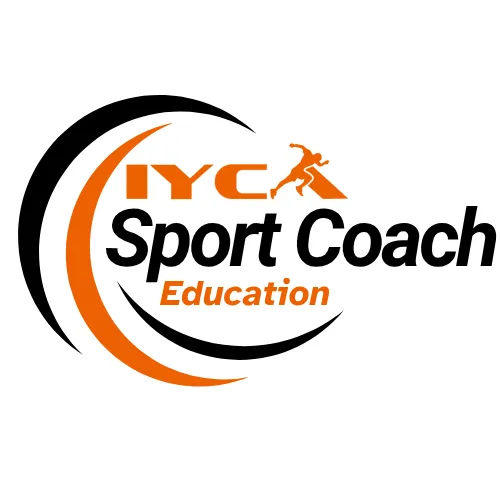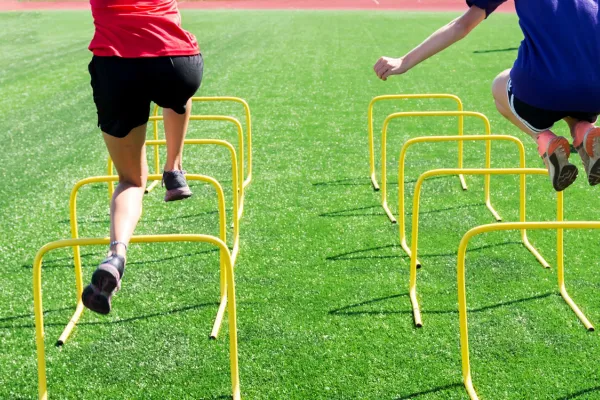
Supplements in Sports: What Works and What is a Waste of Money
In the world of sports nutrition, supplements are often seen as a quick fix to improve performance, enhance recovery, or even build muscle. But with so many options available on the market, it’s difficult for athletes to discern which supplements are truly necessary and which ones are simply a waste of money.
In this article, we’ll break down the most common sports supplements, their benefits, and how to determine whether they’re worth adding an athlete’s routine.
The Role of Supplements in Sports Nutrition
Supplements are designed to complement a well-balanced diet, not replace it. A solid foundation of whole foods, including lean proteins, vegetables, fruits, whole grains, and healthy fats, should be the primary focus. However, sports supplements can provide an extra edge when it comes to supporting specific goals such as performance, recovery, and muscle growth.
Supplements that can support performance and recovery:
1. Protein Powder
Whether you’re looking to build muscle, recover after a workout, or maintain your protein intake throughout the day, protein powders can fill in the gaps when whole foods fall short. Protein powder has no special benefit over whole foods, but athletes’ schedules can be busy so protein powders, drinks, or bars provide a quick and convenient source of high-quality protein that can be easily packed in a gym bag, backpack, or school locker. Whey protein, in particular, is easily digestible and packed with an essential amino acid called leucine that has shown to have a significant impact on muscle protein synthesis.
2. Creatine Monohydrate
Creatine Monohydrate is one of the most studied and effective supplements for athletes looking to improve strength and power. It helps replenish ATP (adenosine triphosphate), the energy source for muscle contractions, allowing for more intense workouts and faster recovery. Creatine is naturally present in most high protein foods like meat, chicken, and fish so we get it in our diet naturally, but supplements can ensure an athlete has adequate stores in their muscle for performance. The fastest way to increase muscle stores is to consume 5 grams 4 times per day for 5-7 days then an athlete only needs 5 grams per day to maintain their muscle creatine stores. Although, more is not better when it comes to creatine, it can cause stomach upset, so if an athlete has a sensitive stomach they can skip to load phase and just take 5 grams per day for a slower build up.
3. Casein
Whey protein gets a lot of attention for athletes due to it’s fast digestibility and high leucine content but casein is the twin sister of whey protein as it also has a high leucine content, but it is slow to digest. This slow digesting protein, when consumed at bedtime 20-30 grams, has shown to improve muscle protein synthesis in athletes up to 30%. Cottage cheese is an excellent source of whole food casein with 1 cup providing 20 grams, but if cottage cheese is not a preferred food there are plenty of casein protein powders an athlete can use.
4. Omega-3 Fatty Acids
Omega-3s are vital for reducing inflammation, supporting heart health, improving joint function and brain health. Athletes, in particular, may benefit from higher doses of Omega-3s to help reduce muscle soreness, improve recovery times, and increase concussion prevention and recovery. Fatty fish like salmon, mackerel, or anchovies in oil are excellent whole food sources of Omega 3’s but 5 ounces per day would need to be consumed to meet the higher recommendations of athletes. Don’t be fooled by any fish oil capsule as most don’t come close to the higher recommendations for athletes of 2-3 grams per day of DHA & EPA Omega 3, instead look for a concentrated triglyceride Omega 3 to meet the recommendation with less capsules.
Supplements that are wasting your money:
1. Pre-Workout Formulas
While pre-workout supplements often promise energy, focus, and endurance, they can also be loaded with stimulants like caffeine that can cause jitteriness or crashes. In most cases, a strong cup of coffee or a well-balanced meal can provide the same benefits without the added artificial additives.
2. Branch-Chain Amino Acids
Branch-Chain Amino Acids (BCAA) are a common additive to pre-workout formulas and include 3 of the essential amino acids that our body can only get from the foods we eat. The 3 BCAA’s are leucine, isoleucine, and valine. Leucine has been well studied to increase MPS when consumed with whole proteins, but there is no evidence in clinical studies that supplementing these 3 amino acids has any impact on muscle protein synthesis. It is best to get these essential amino acids from whole foods like meat, dairy, legumes, nuts and seeds.
3. Fat Burners
Fat-burning supplements are often marketed as magic pills for weight loss, but the reality is that they usually only offer minimal benefits. Effective fat loss comes from a combination of proper diet, regular exercise, and a consistent caloric deficit. Supplements may play a small role, but they should never replace these core components.
4. Testosterone Boosters
There’s little scientific evidence to support the effectiveness of most testosterone-boosting supplements. If you’re concerned about your testosterone levels, it’s best to consult with a healthcare professional to determine the underlying cause and potential treatment options.
How to Choose the Right Supplements for Your Goals
Before adding any supplement to your routine, consider the following:
Evaluate Your Diet: Ensure you’re meeting your basic nutritional needs from whole foods first.
Identify Your Goals: Are you looking to increase muscle mass, improve endurance, or speed up recovery?
Consult with a Professional: A registered dietitian or sports nutritionist can help tailor a supplement plan based on your unique needs.
Supplements can provide an extra edge in an athletes’ sports nutrition regimen, but they’re not a substitute for a well-balanced diet. Focus on whole foods first, then consider adding supplements that align with your goals. Remember, not all supplements are necessary, and it’s important to make informed decisions to ensure you’re investing in products that truly benefit your performance and recovery.
Read other articles by this author:
Recovery Nutrition: What Works and What Doesn’t
Five Sports Nutrition Myths That Are Hurting Performance
Hydration and Electrolytes for Athletes-A Must Read
About the Author:
Kristy Stevenson, MEd, RDN
Kristy is a Registered Dietitian Nutritionist with her Masters Degree in Education. She owns her own nutrition consulting business called Performance Nutrition LLC and teaches as an Adjunct Instructor at Lansing Community College.
Kristy focuses on sports nutrition, healthy eating, and weight management, and is a speaker/lecturer. To learn more about Kristy, visit her website at www.performancenutritionllc.com.
To learn more about sports nutrition, take Kristy’s online course The Fundamentals of Sports Nutrition at https://www.performancenutritionllc.com/products and use IYCA20 for a 20% discount.
The information provided in this article is for educational purposes only and is not intended as medical or nutritional advice. Individual hydration and electrolyte needs vary based on factors such as age, activity level, environment, and overall health. Athletes should consult with a registered dietitian, sports nutritionist, or healthcare professional for personalized recommendations. The IYCA and the author are not responsible for any adverse effects resulting from the application of the information presented.








